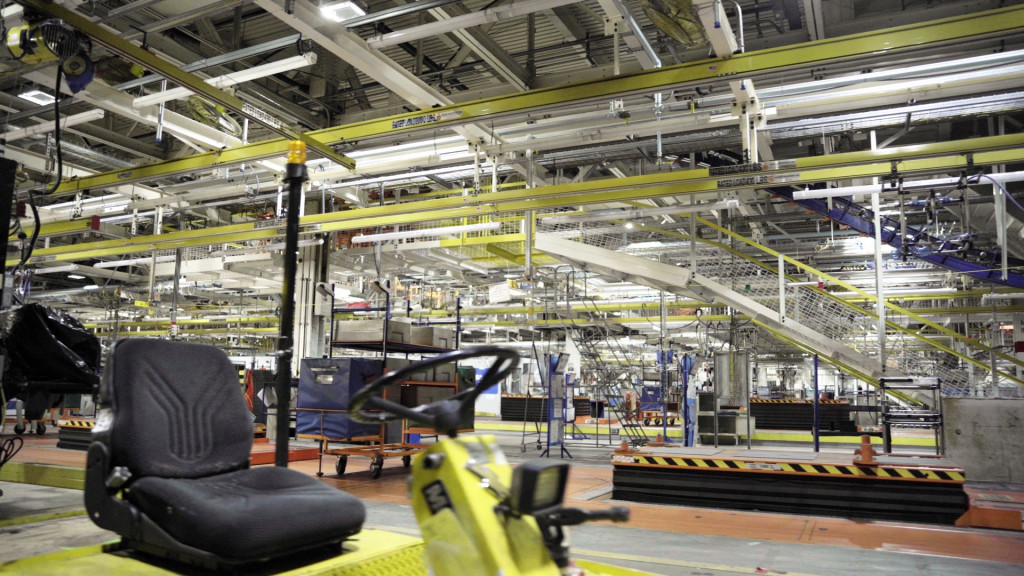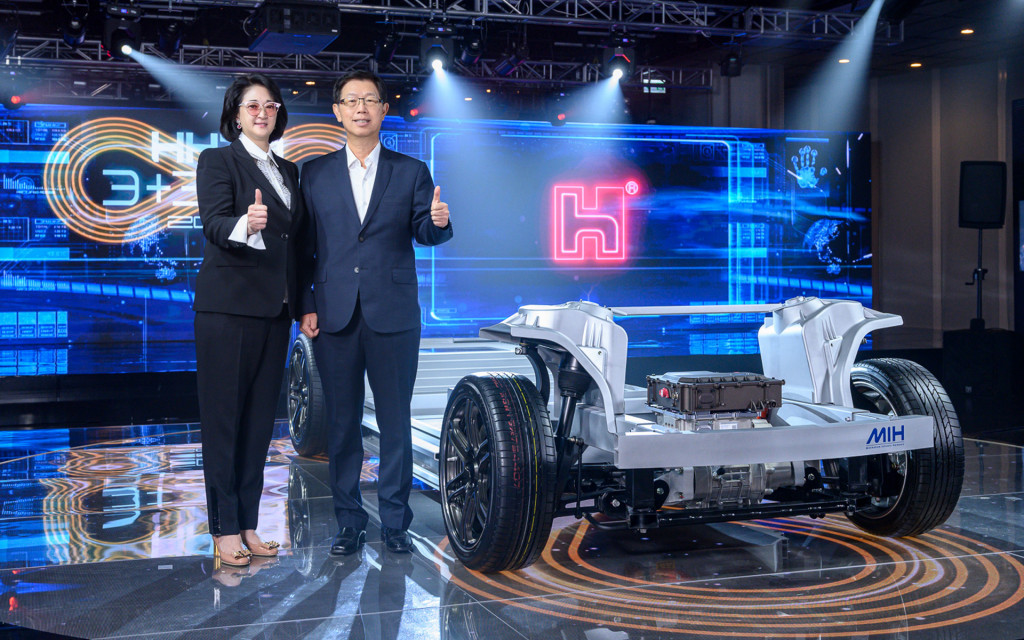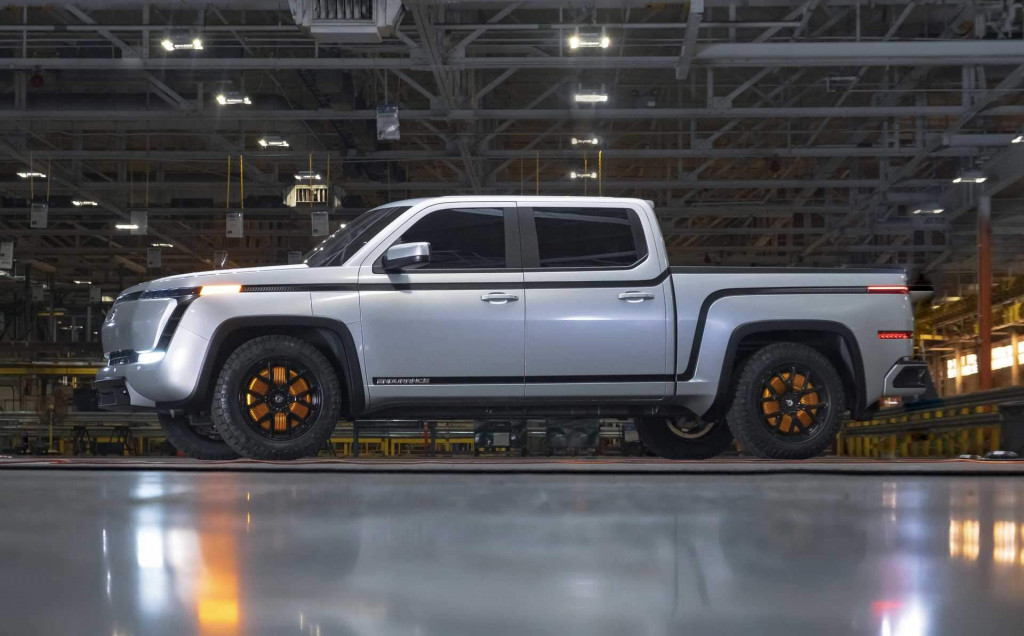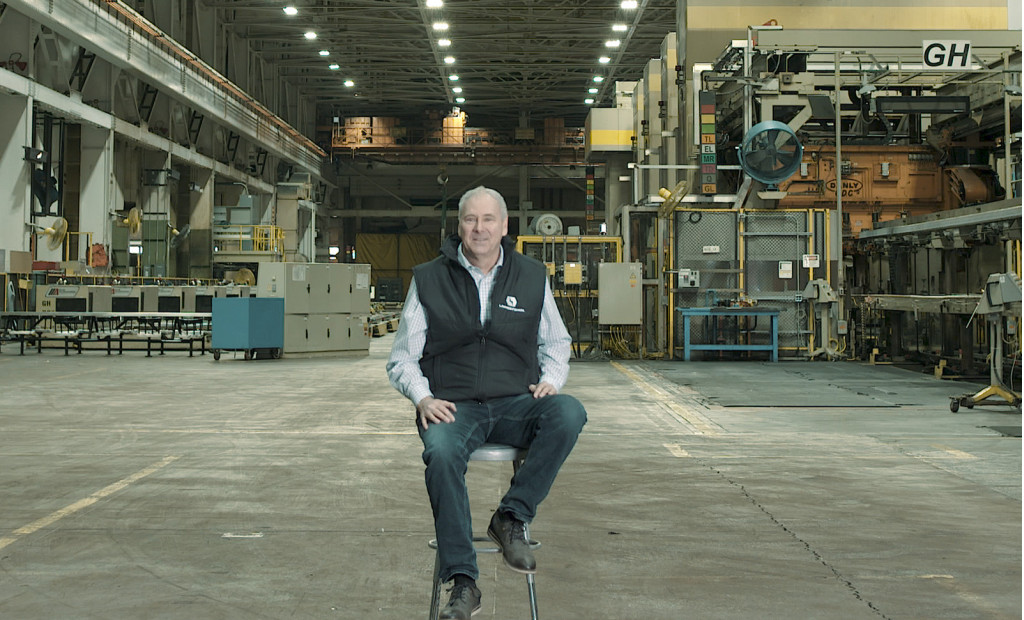Ohio-based Lordstown Motors’ chances of getting its Endurance electric pickup mass-produced are looking better—with the help of Foxconn, the Taiwan-based company that makes iPhones for Apple, xBoxes for Microsoft, and Kindles for Amazon.
Lordstown and Foxconn entered a partnership with a non-binding agreement on Tuesday. According to a statement released late in the day Thursday, Foxconn will buy approximately $50 million of Lordstown Motors’ common stock at the average daily volume-adjusted price (about $6.90 a share). Foxconn would also buy the Lordstown facility for $230 million, excluding Lordstown Motors’ hub motor assembly line, battery modules, and some other assets.

Lordstown Motors factory - 2020
That would give Lordstown a much-needed influx of cash, as well as a contract manufacturing agreement—yet to be negotiated—through which Foxconn would manufacture the Endurance pickup, with Foxconn retaining some rights for future vehicle programs.
Lordstown Motors would then lease a portion of the facility for its employees, and Foxconn would employ Lordstown’s operational and manufacturing employees. Foxconn and Lordstown Motors also agree to explore licensing arrangements for additional pickup truck programs.

Henrik Fisker with Project PEAR EV
The arrangement might also provide Foxconn and Fisker, which signed framework agreements earlier this year, with a facility for making its $30,000 electric vehicle, so far only called Project Pear and to be focused toward urban small-car buyers. Foxconn was reportedly already considering an underutilized facility near Racine, Wisconsin.
A long exciting day! I talked to the chairman of Foxconn today; we agreed: Foxconn’s announcement today about its new EV manufacturing plant in Ohio could mean an earlier launch of the PEAR. #Fisker #Love #EVs #ESG #EarlyBiz pic.twitter.com/gY7HcFDZW6
— Henrik Fisker (@henrikfisker) October 1, 2021
Nearly a year ago Foxconn revealed a platform for EVs, called MIH, that it described as “the Android system of the EV industry,” with a software-defined ecosystem for EV manufacturing. The platform could be underpinned by solid-state batteries by 2024, it then said.
Foxconn is also invested in the automaker Byton, but that project is now reportedly on hold.

Foxconn Chairman Young Liu (right) with the MIH modular EV platform
Lordstown would be flipping the plant for a handsome amount. In a deal heavily brokered by the Trump administration, which had been blindsided in 2018 by GM’s decision to close the facility, a newly formed Lordstown Motors obtained the plant in 2019 for a reported $20 million—including much of the machinery, tooling, and robotics.
Lordstown’s product, the Endurance electric pickup, borrows a few elements from CEO and founder Steve Burns’ earlier project, the Workhorse W-15. Like the W-15, the Endurance is positioned toward corporate and utility fleets. But the Endurance has a new design with four in-wheel hub motors—to be assembled at an adjacent facility—plus about a 250-mile range, from about 6,000 cells in the cylindrical 2170 format used by the Tesla Model 3 and Model Y.

Lordstown Endurance
Lordstown had promised an electric van, built on the same platform as the Endurance, in 2022. It’s also working on an electric travel trailer with Camping World, and there’s an Endurance-based RV on the product map.
A spate of trouble started for Lordstown with a March report from activist short-seller Hindenburg Research, alleging “fictitious orders” for the Endurance. Days later Lordstown revealed an SEC inquiry but provided an optimistic outlook including mass-production of the truck by September, and in May, looking at the fleet-focused F-150 Lightning as validation of its model, said crash tests and final validation were on track. But by June, Lordstown provided a going-concern notice—essentially declaring that without additional capital, it wouldn’t have enough money to ramp up production beyond a small initial lot. Results of an independent investigation, done for the board of directors, were out days after that, and Burns was out as CEO.

Lordstown Motors CEO Steve Burns in assembly plant
With the Biden administration’s emphasis on American-made EVs—and the potential of a revamped EV tax credit that helps incentivize them for consumers—U.S. electric vehicle manufacturing is a critical part of finding a foothold in the market for any company. And although the products haven’t yet been proven, this deal could arrive just in the nick of time for multiple EV contenders.













